Great White Shark Mossel Bay Update 27/03/2024
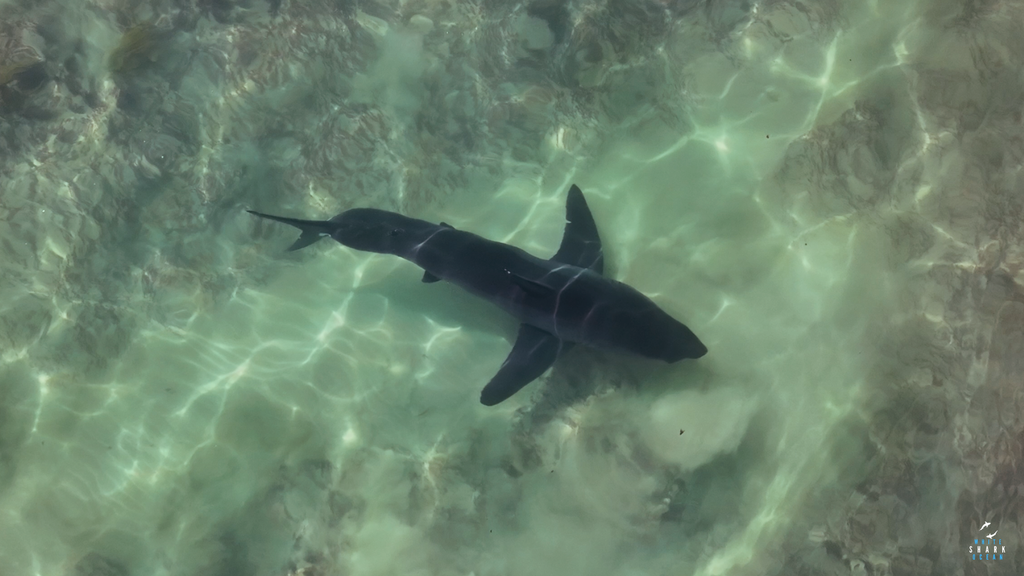
In recent weeks, Mossel Bay has presented a captivating puzzle for marine enthusiasts and researchers. The great white sharks, typically the stars of the bay, have been notably elusive. This shift in behaviour has sparked intrigue and frustration, compounded by challenging weather conditions and unexpected visitors from the deep.
Mossel Bay, a premier destination for shark observation and cage diving, seems to have consistent drone and helicopter sightings identifying these sharks around the Hartenbos area. However the cage diving boat that is unable to explore this area of the bay has been struggling for the last week or two with the sharks not venturing far from this particular area.
Complicating the efforts to locate the great whites by the boat are recent environmental conditions. Over the last week, the bay has been grappling with big swells and heavy rainfall, adding layers of difficulty to observation and cage diving operations. Interestingly, this period has not been devoid of marine encounters. Operators and visitors have reported sightings of other species, including hammerhead sharks and even a stingray approaching the boat—a rarity that adds to the intrigue of the current marine dynamic in Mossel Bay.

The great whites' preference for the area around Hartenbos falls frustratingly outside cage diving operators' chumming coordinates. This situation, coupled with adverse weather conditions, limits opportunities for up-close encounters with these apex predators.
The unfolding situation in Mossel Bay serves as a vivid reminder of the complexity and unpredictability of marine ecosystems. As we delve deeper into the mysteries of the great whites' behaviour, the recent challenges highlight the resilience required to study and appreciate these magnificent creatures. For those drawn to the allure of the ocean's depths, Mossel Bay continues to be a focal point of fascination, offering lessons in the delicate balance between human curiosity and the wild, untamed nature of our marine counterparts.




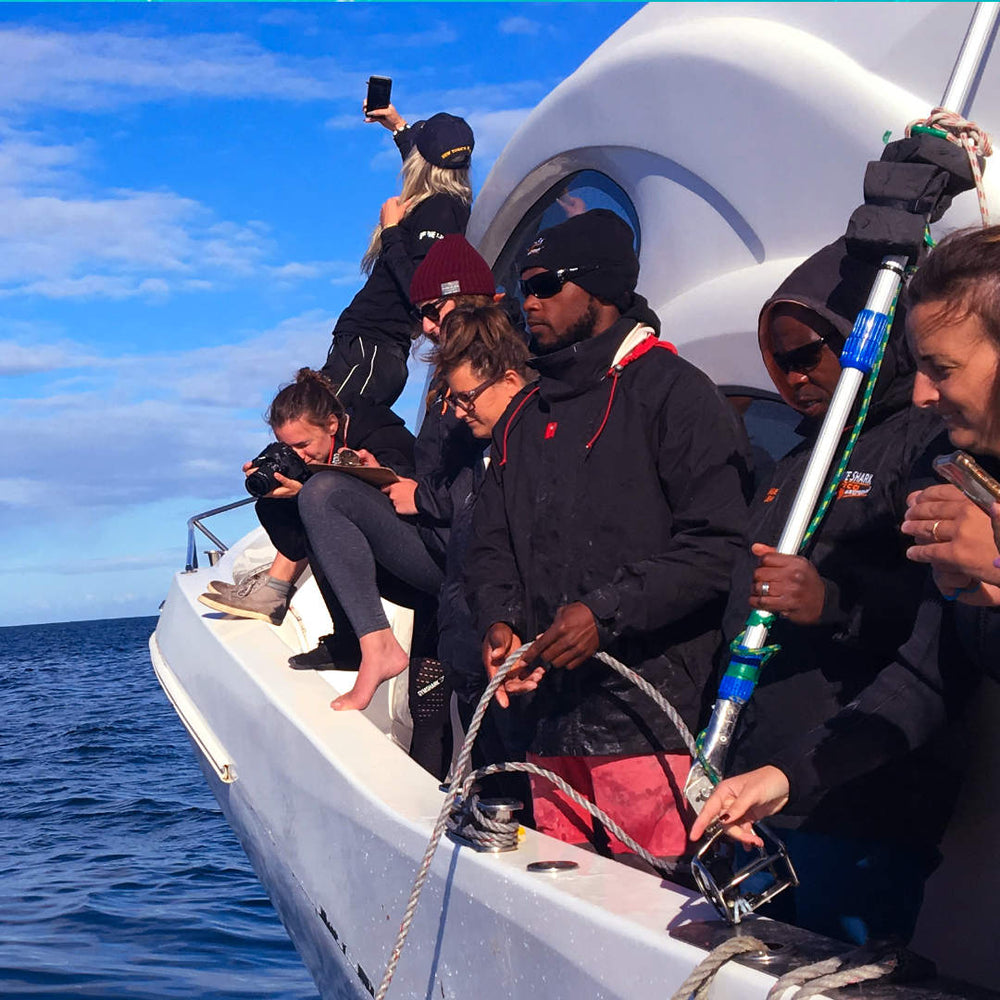
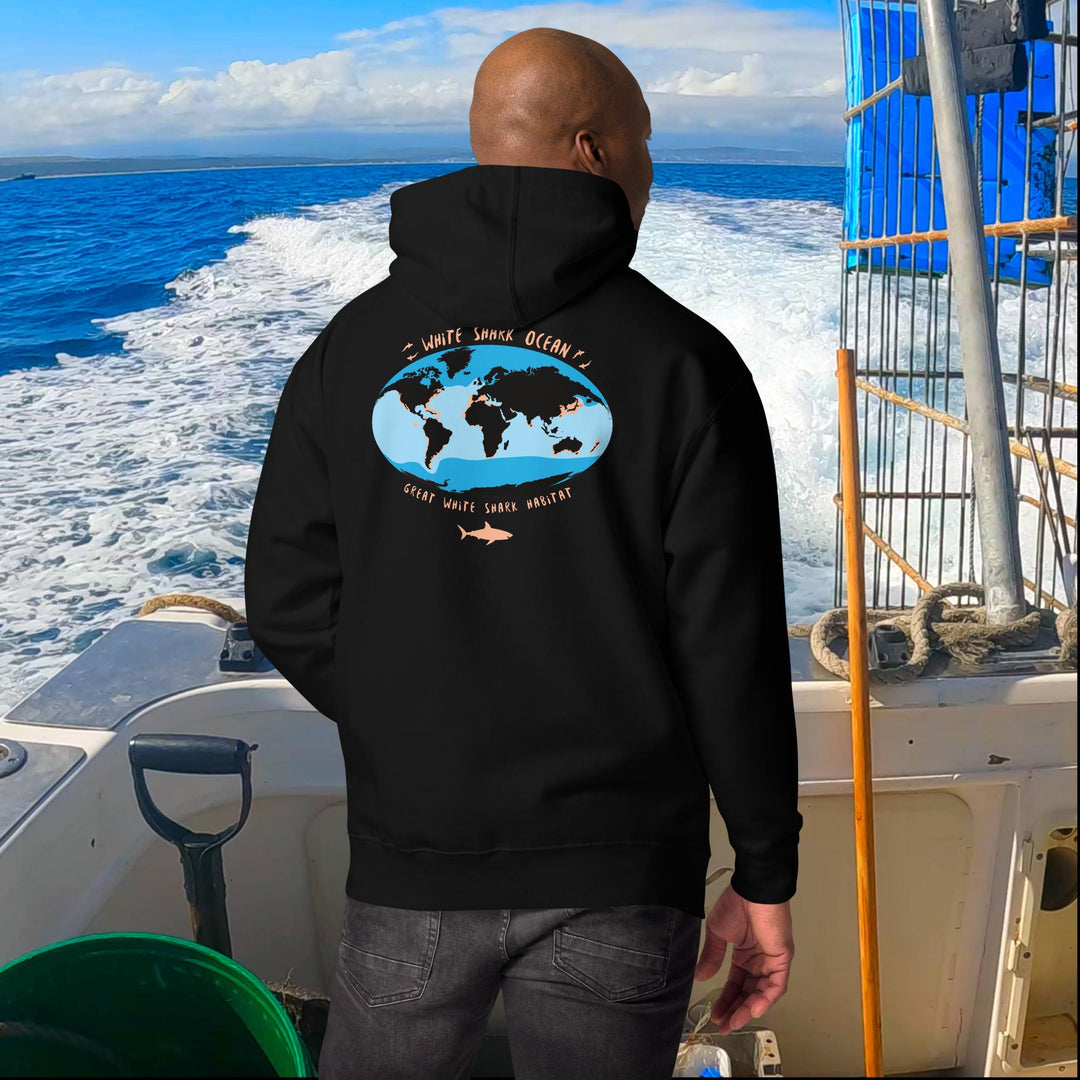
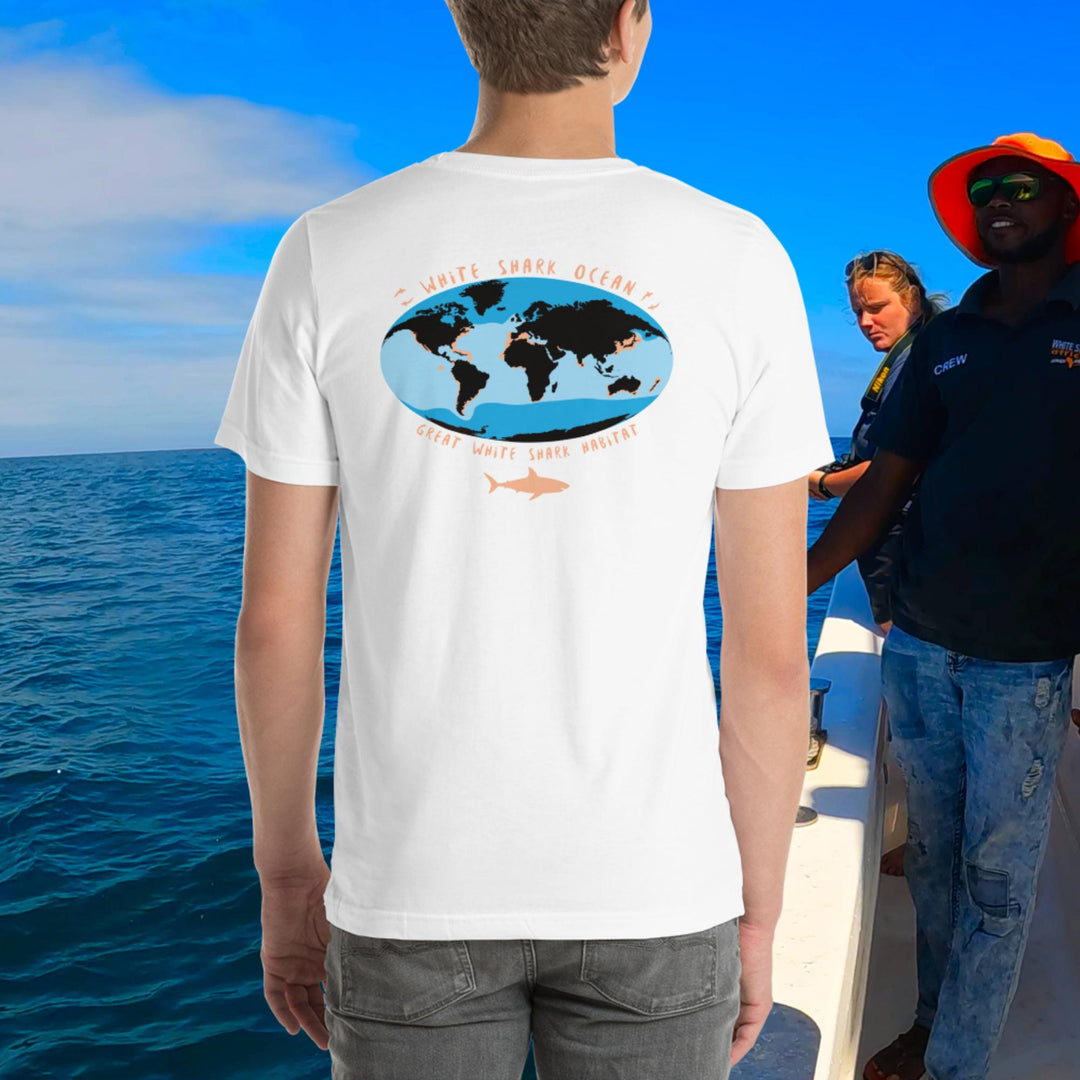

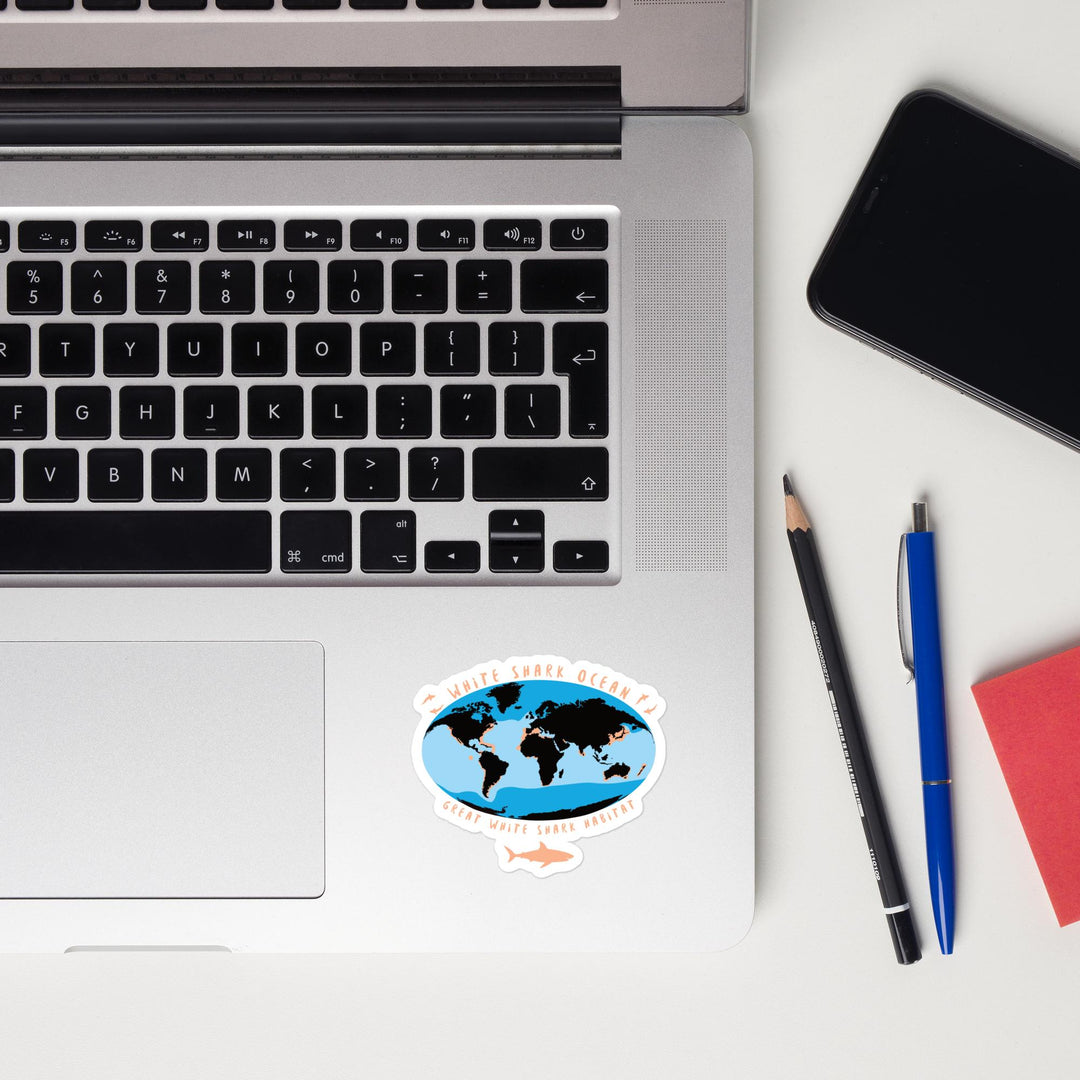
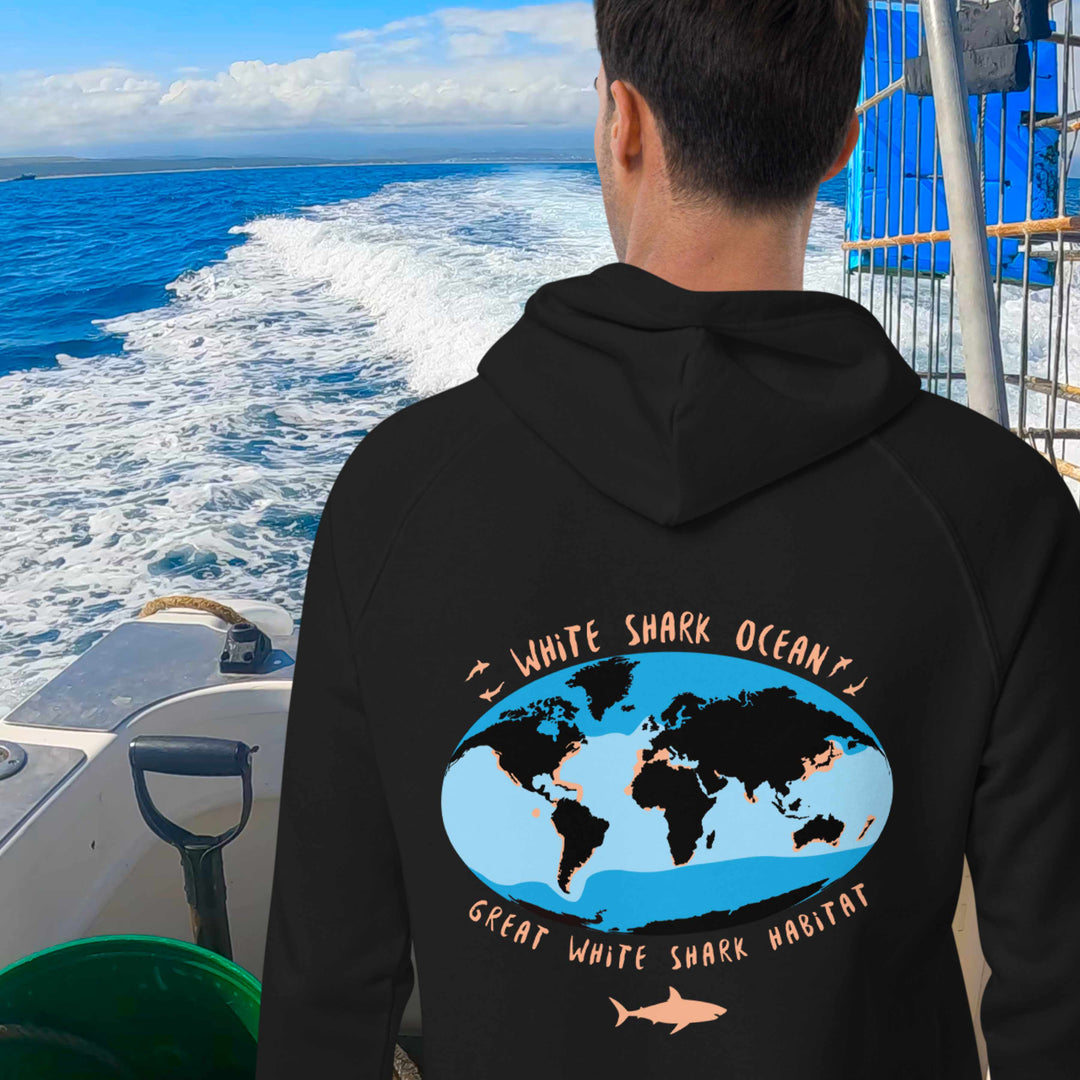
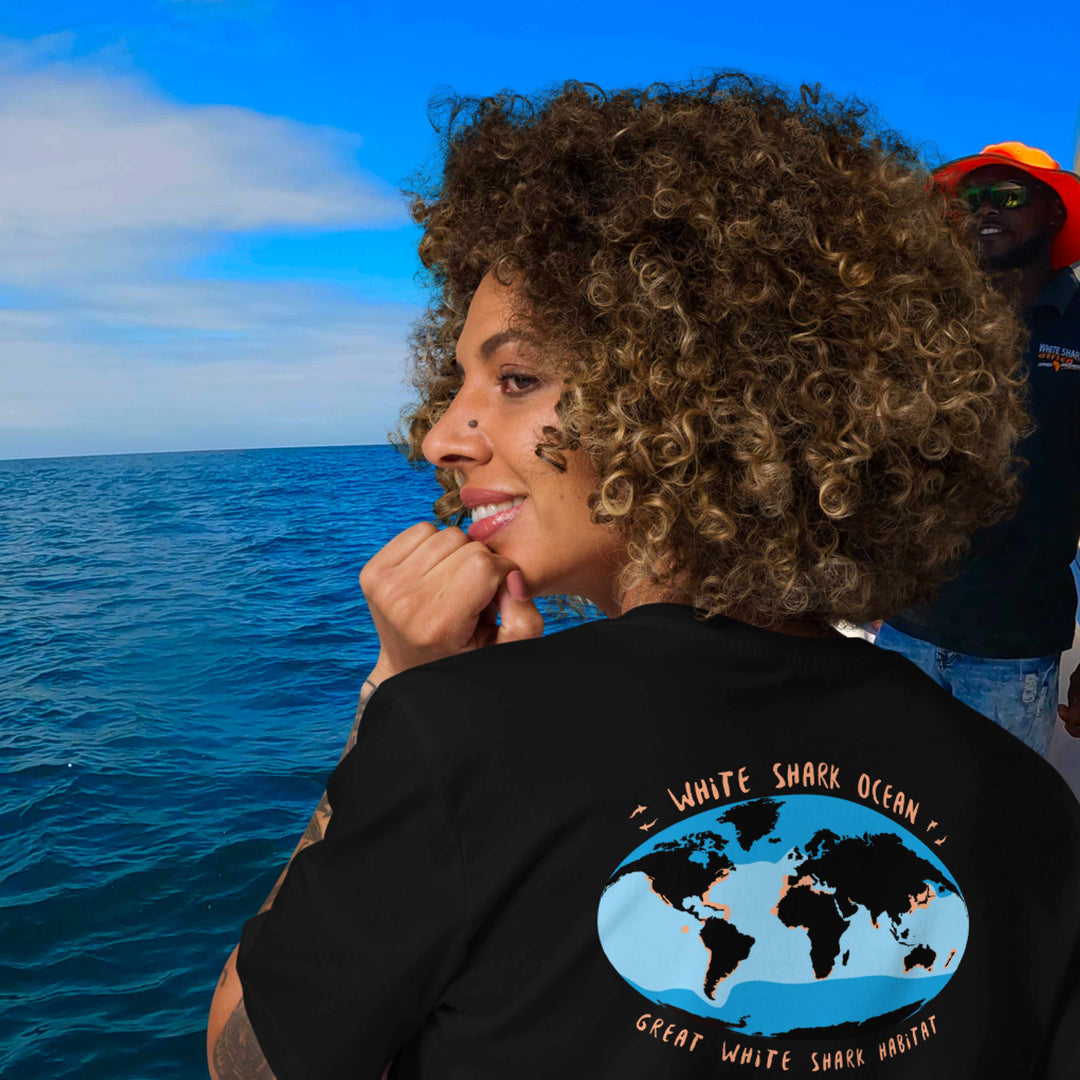
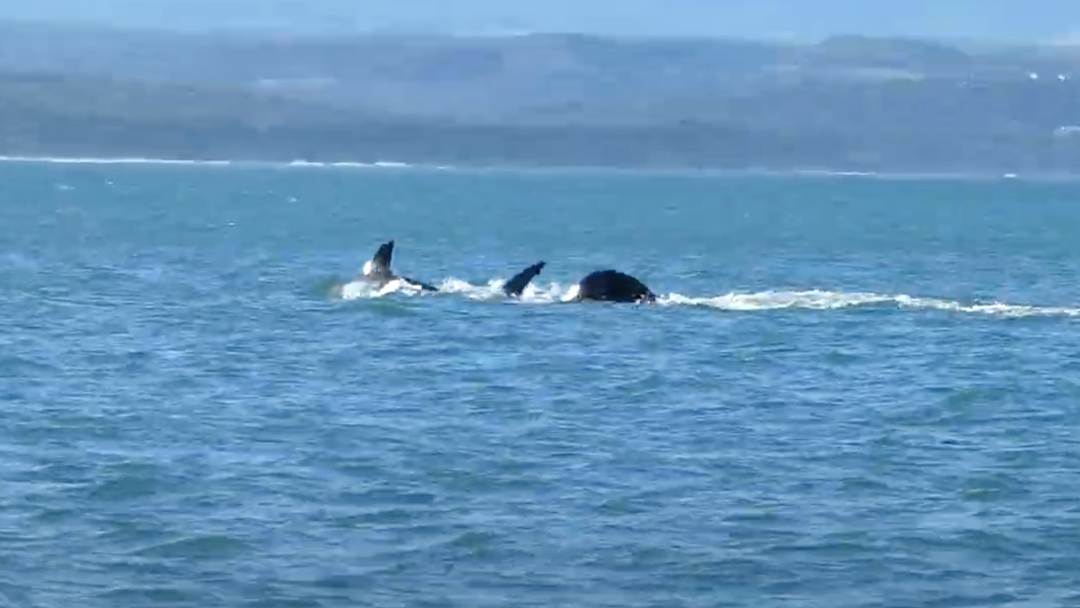
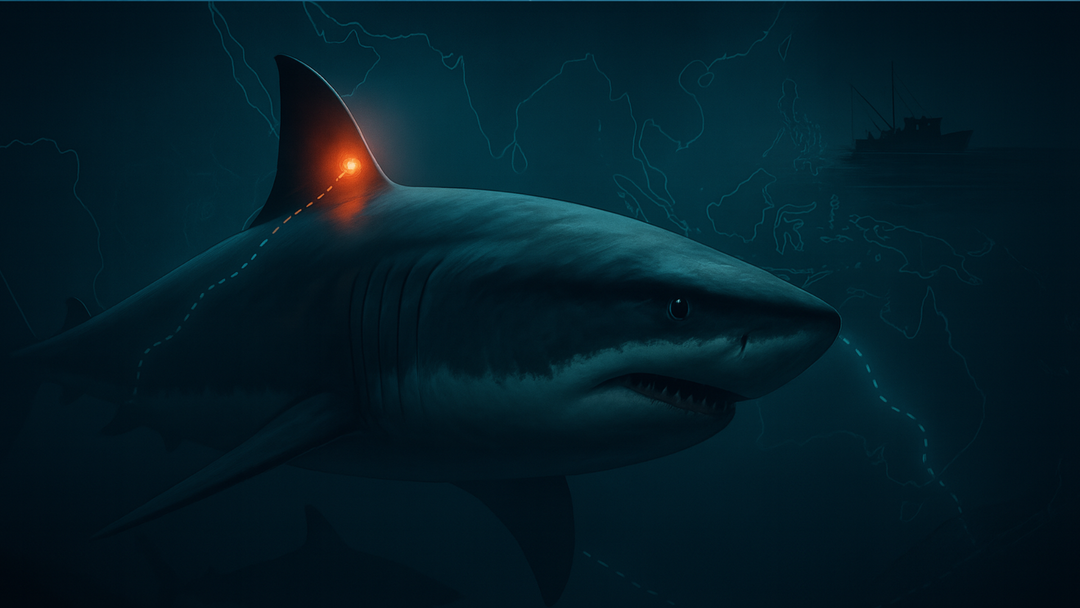
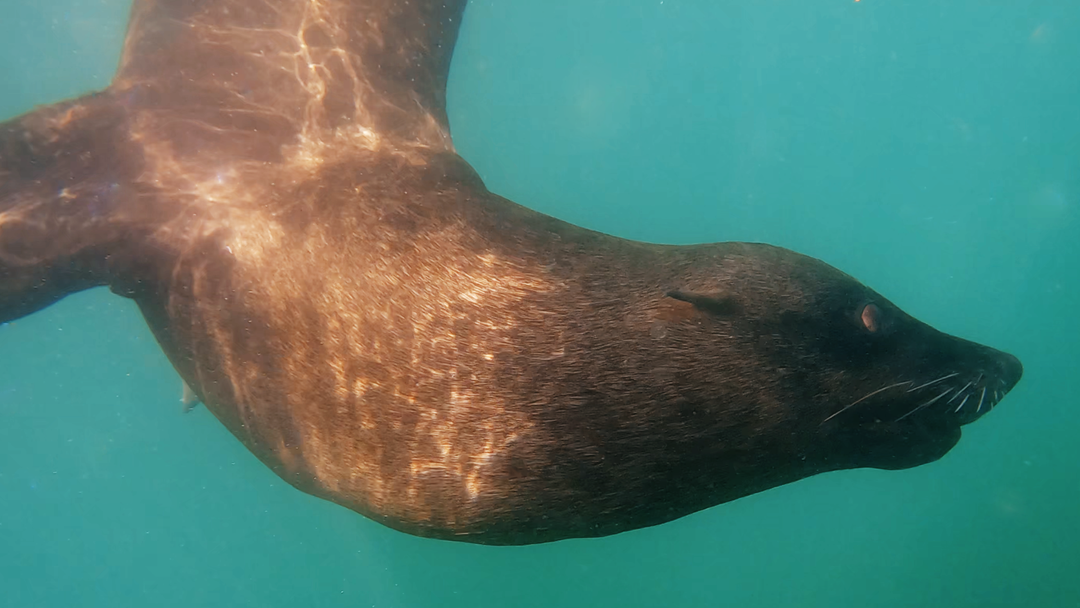
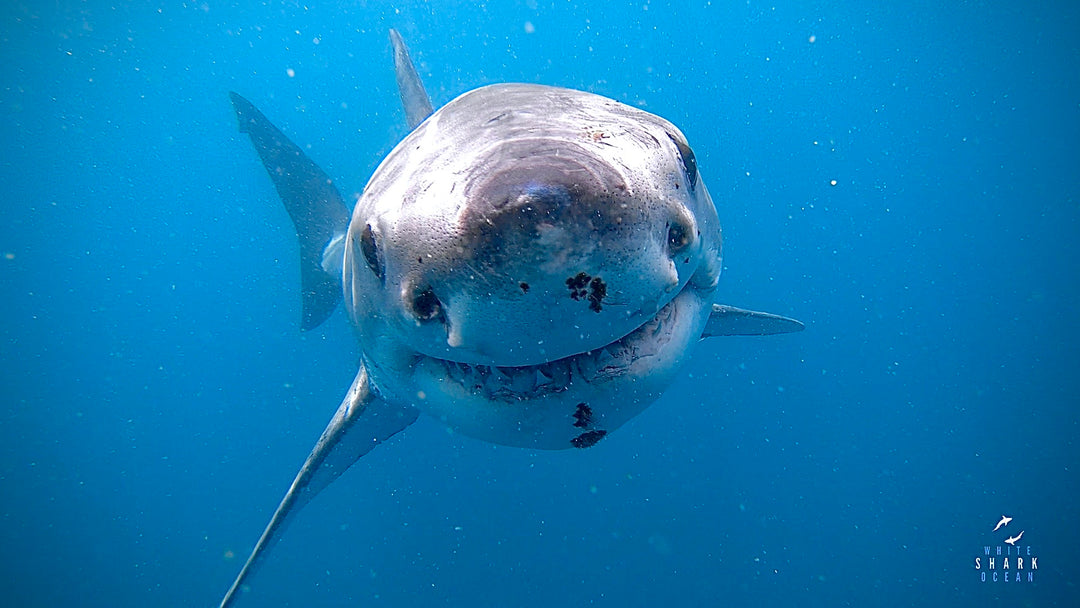
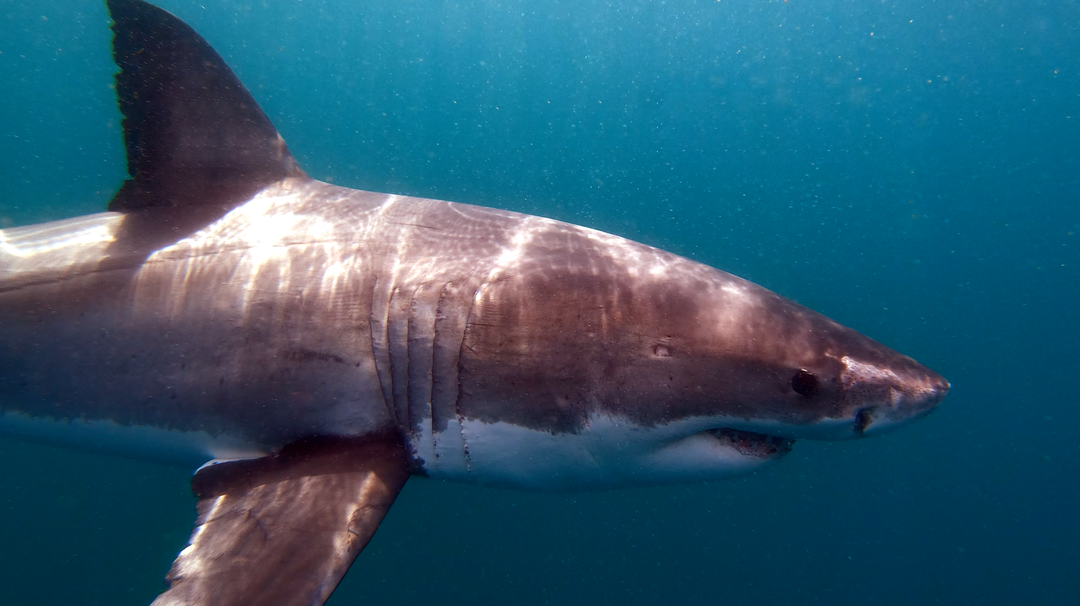
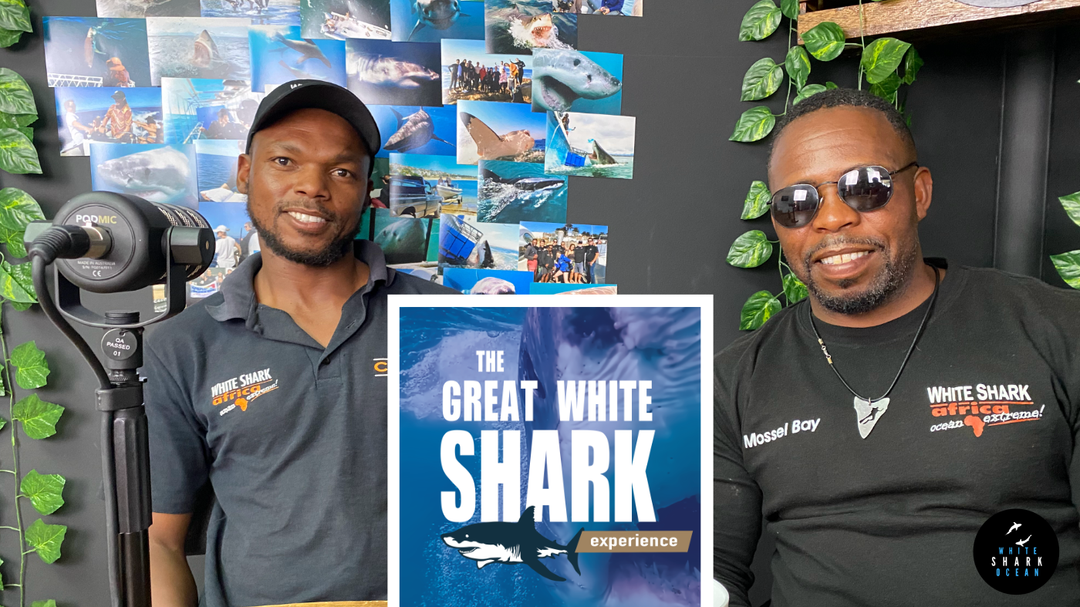
Leave a comment